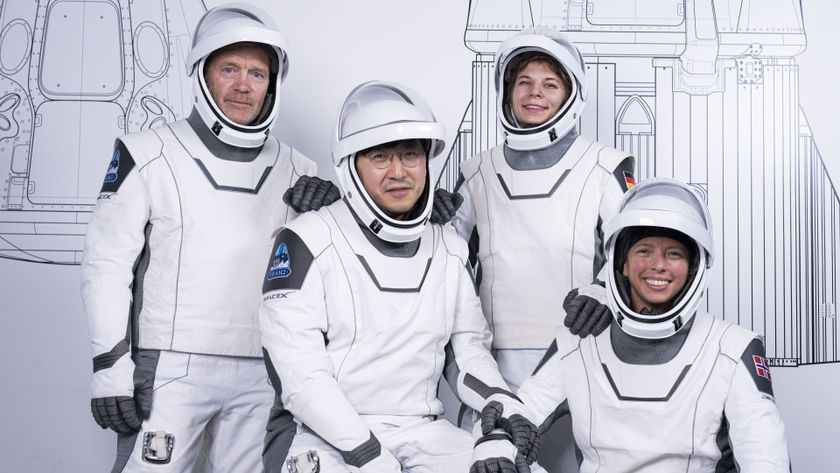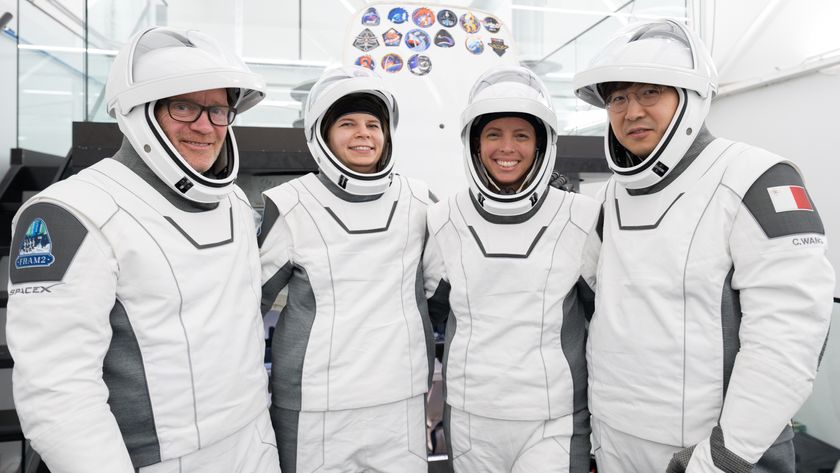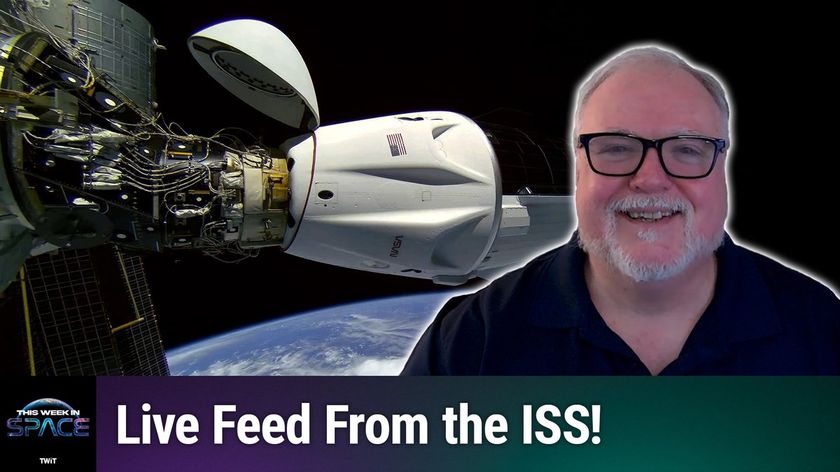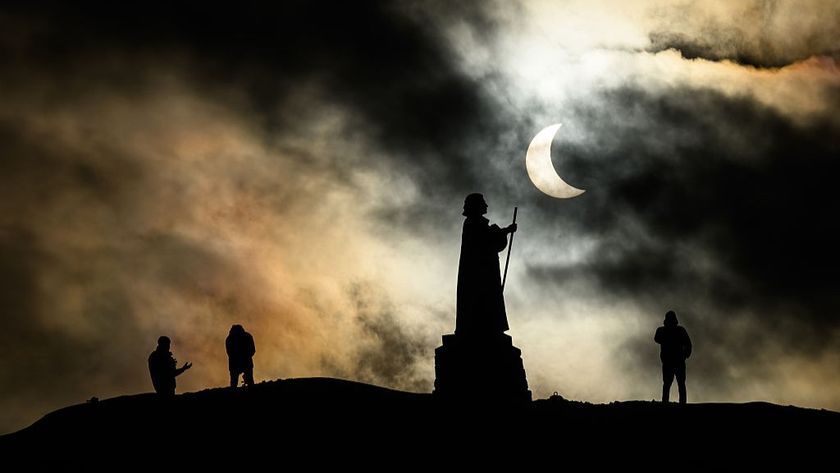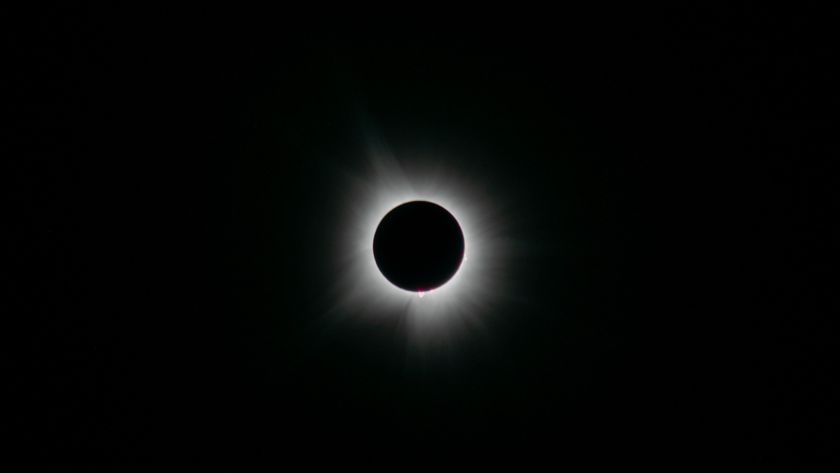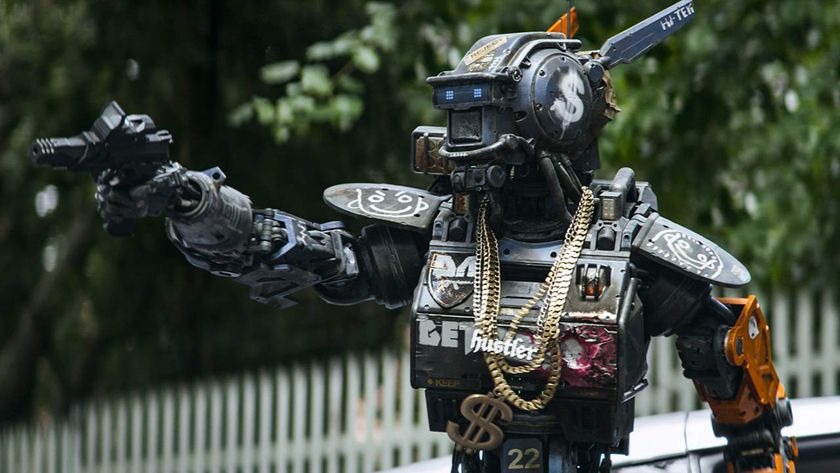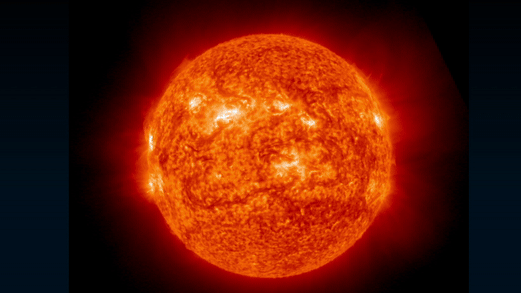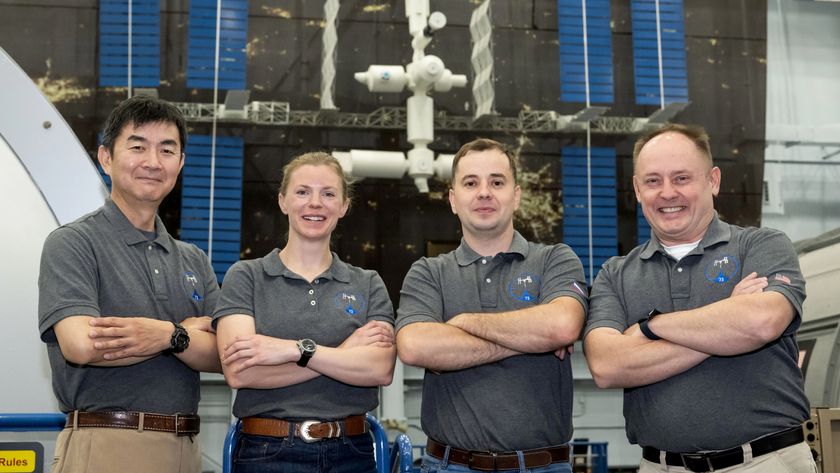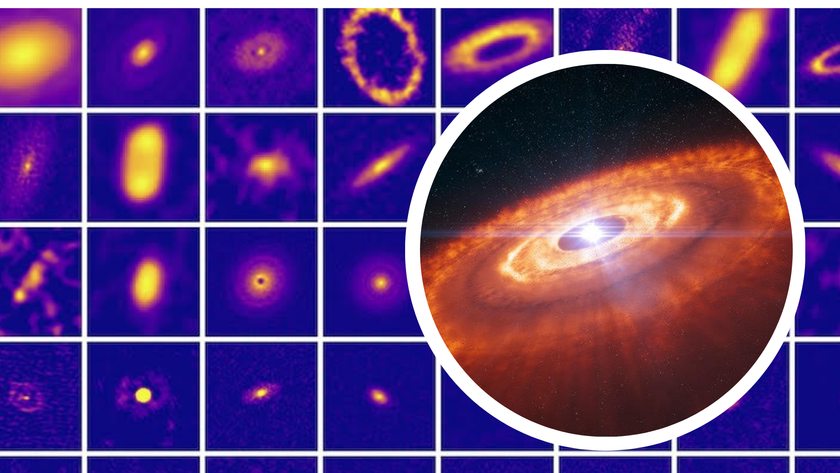New US-Russian Crew Arrives at International Space Station
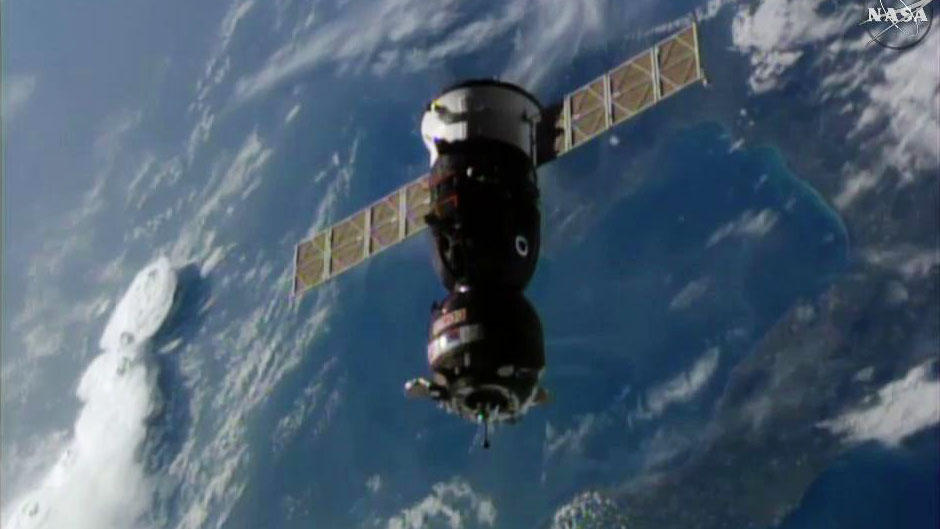
The newest space station crew has arrived at last.
NASA astronaut Shane Kimbrough and Russian cosmonauts Sergey Ryzhikov and Andrey Borisenko docked with the International Space Station at 5:52 a.m. EDT (0952 GMT) this morning (Oct. 21) after a smooth two-day trip aboard a Russian Soyuz spacecraft. The trio launched into orbit early Wednesday, nearly a month later than their initial Sept. 23 liftoff target due to a technical issue with their spacecraft.
The Soyuz linked up with the space station as as both spacecraft sailed 251 miles (403 kilomters) over southern Russia. Ryzhikov, who piloted the spacecraft, is experiencing spaceflight for the first time; both Kimbrough and Borisenko have been to space once before. [Launch Photos: Soyuz Rocket Lofts Expedition 49 Crew Into Space]
The three crewmembers will be able to open their hatch to the space station by approximately 8:35 a.m. EDT (1235 GMT), when they will be greeted by Russian cosmonaut Anatoly Ivanishin, the space station's current commander; along with NASA astronaut Kate Rubins and Japanese astronaut Takuya Onishi. The hatch opening and greetings, along with the new arrivals' first chance to talk with their families back on Earth, will be streamed live here on Space.com, courtesy of NASA TV.
The three new crewmembers will remain on the station until February, and their first few days will be busy ones. Beyond adapting to life in microgravity, just two days after their arrival, Orbital ATK's Cygnus supply spacecraft will arrive at the station, bringing more than 5,100 lbs. (2,300 kilograms) of supplies, according to NASA.
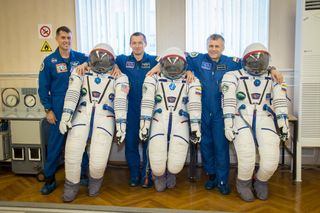
The supply spacecraft launched Oct. 17 but took a long route to the station to avoid conflicting with the crew's arrival. After Onishi and Rubins grapple the spacecraft with the station's robotic arm, Canadarm2, and berth it to the station, the astronauts will begin the long unloading process.
"We look forward to all those vehicles arriving [and] taking them on the space station," Kimbrough said at a news conference in July. "It's kind of like Christmas every time one shows up, because there's a bunch of fresh food and new clothes and new equipment for us to work on."
Get the Space.com Newsletter
Breaking space news, the latest updates on rocket launches, skywatching events and more!
They won't have to share those supplies for long: Less than a week later, on Oct. 29, Rubins, Onishi and Ivanishin will head home on the Soyuz spacecraft they arrived on in July, and Kimbrough will take over as space station commander.
On Nov. 15, NASA astronaut Peggy Whitson, Russian cosmonaut Oleg Novitskiy and European Space Agency astronaut Thomas Pesquet will launch toward the station. The crew will also entertain a Russian Progress supply spacecraft's arrival and a Japanese HTV craft full of supplies before the end of the year.
Email Sarah Lewin at slewin@space.com or follow her @SarahExplains. Follow us @Spacedotcom, Facebook and Google+. Original article on Space.com.
Join our Space Forums to keep talking space on the latest missions, night sky and more! And if you have a news tip, correction or comment, let us know at: community@space.com.

Sarah Lewin started writing for Space.com in June of 2015 as a Staff Writer and became Associate Editor in 2019 . Her work has been featured by Scientific American, IEEE Spectrum, Quanta Magazine, Wired, The Scientist, Science Friday and WGBH's Inside NOVA. Sarah has an MA from NYU's Science, Health and Environmental Reporting Program and an AB in mathematics from Brown University. When not writing, reading or thinking about space, Sarah enjoys musical theatre and mathematical papercraft. She is currently Assistant News Editor at Scientific American. You can follow her on Twitter @SarahExplains.
